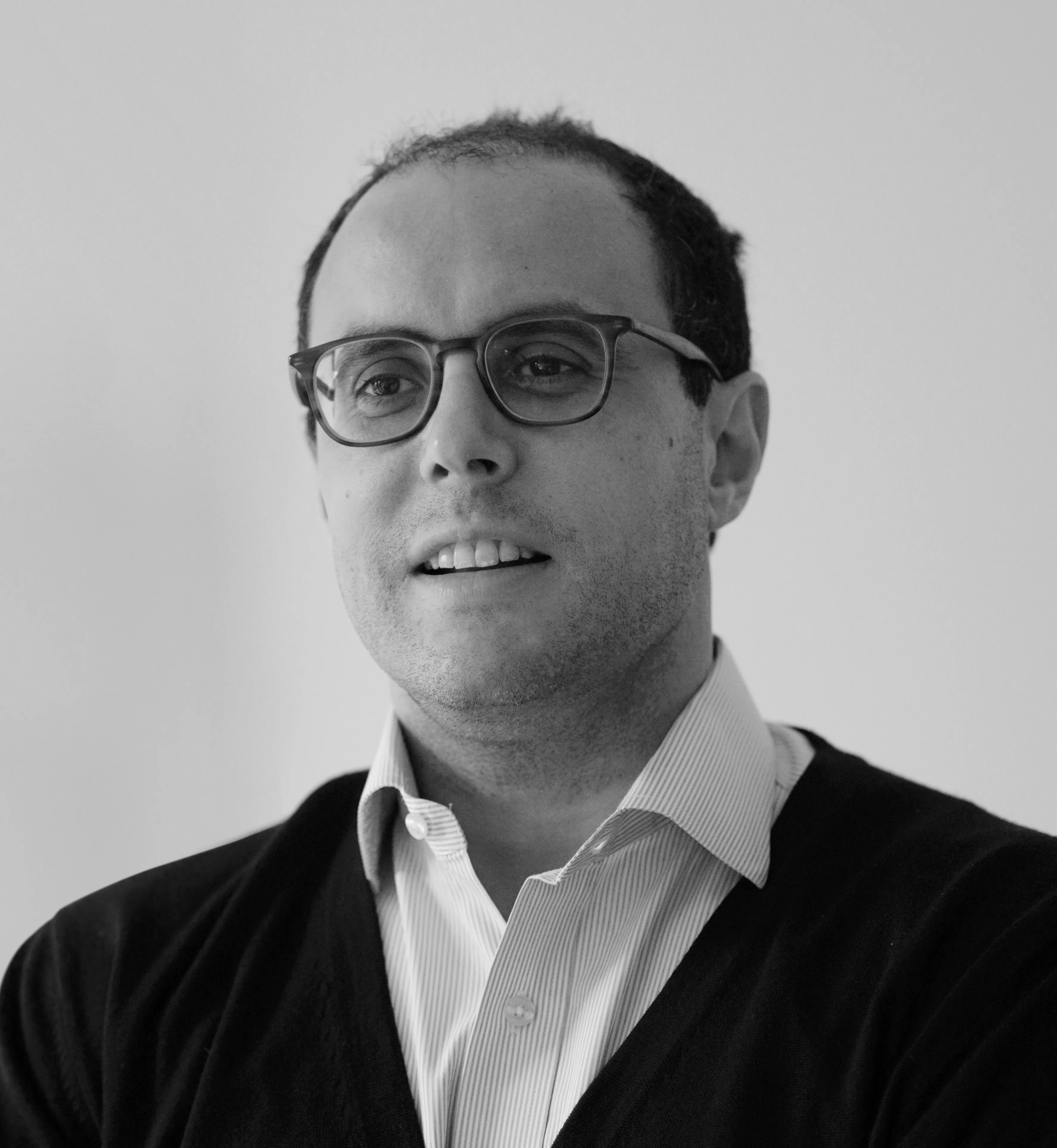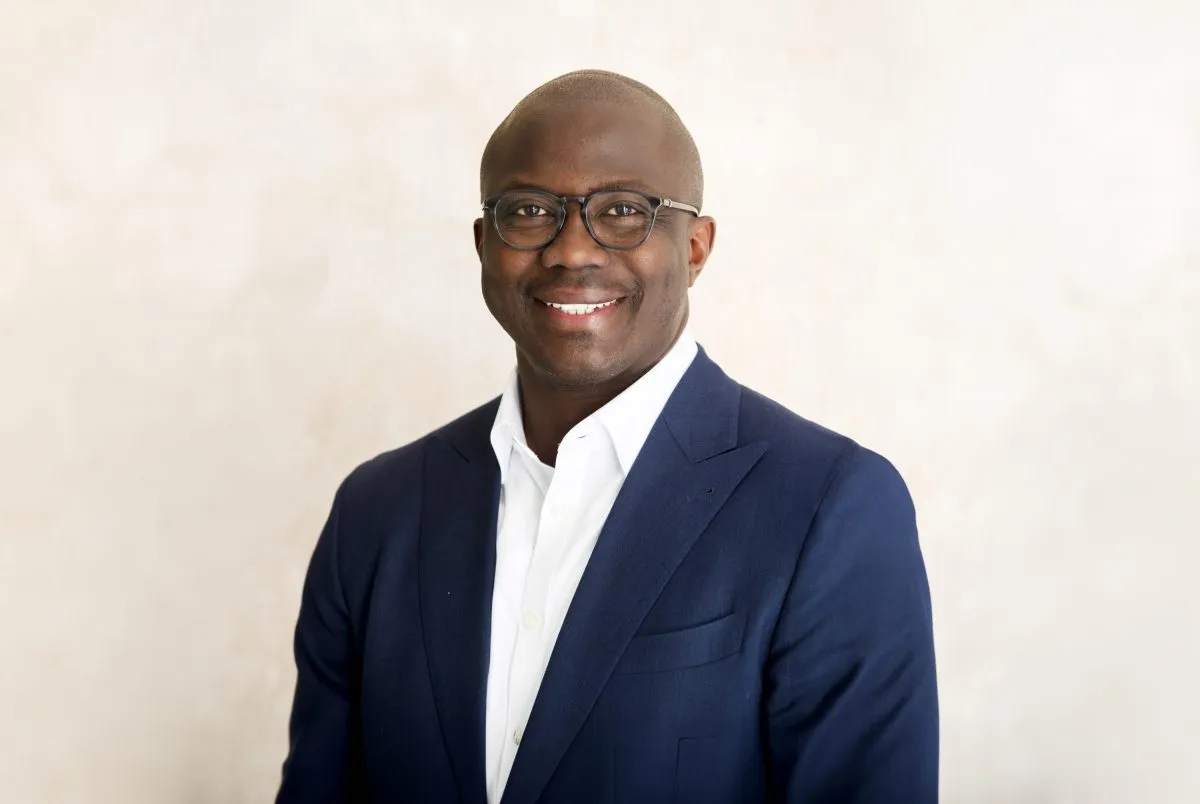
When Vista Group, the banking group owned by Lilium Capital, completed its years’ long acquisition of Oragroup, it was a fulfilment of the ambitions that Simon Tiemtoré, Lilium’s founder, chairman and CEO, had been pursuing for years.
With their latest acquisition of Oragroup, Lilium Capital now has a presence in 16 countries, compared to three prior to the deal going through. It also takes the firm’s banking assets from $2bn to over $12bn. The deal also affords the group a presence across the West African Economic and Monetary Union and the Central African market.
“We saw it as a massive opportunity to acquire a 12-country bank spanning three economic markets and which, from an organisational standpoint is similar to Vista, and so would be easy for us to integrate. So it’s a big transaction. The upside for us is that it will help us get to what I would like to call a Tier 1 bank because we’re going from $2bn to $12bn in total across the 16 countries,” Tiemtoré says.
The deal will give Vista a branch network that is third in the region in terms of numbers, behind Ecobank and Bank of Africa.
“By the time we realise our objective, which is to be in 25 countries by 2025, we would probably have doubled in size, depending on the acquisitions that we would make. We see Africa as a growth market. There is a fantastic opportunity to add value, to partner with other banks and to do more.”
The plan is to consolidate the Vista Group with the Oragroup assets to create a new Vista holding company, headquartered in Lomé, that will hold all the assets.
“We will continue to grow. We need to expand because we believe that we will need a consolidation on the banking side and also we need to have muscle to fulfil the promises of the African Continental Free Trade Area and promote intra-African trade.”
Read our special report on Africa’s Top 100 Banks in 2023
A journey years in the making
Born in Côte d’Ivoire and trained in the United States as a tax lawyer, Tiemtoré took on stints at Skadden Arps in New York, PWC and Morgan Stanley before joining the African Export-Import Bank (Afreximbank) in 2012. In 2016, he set up Lilium Capital and began a series of acquisitions, including First International Bank, a distressed lender operating in Guinea, Gambia and Sierra Leone, which it restructured and renamed Vista. At the time, the venture seemed counterintuitive.
“The deal was done in the midst of another health crisis,” Tiemtoré says. “No one believed at the time that you could take over a bank in two countries that were affected by Ebola… everyone thought that to be successful in banking in Africa, you had to be in Nigeria, South Africa or Egypt”.
It wasn’t just that Lilium was making a bet on three small countries, two of which were in the grip of a public health emergency; recent experiences also seemed to suggest that such ventures were an uphill climb. In 2014, Atlas Mara, fronted by former Barclays boss Bob Diamond and British-Rwandan entrepreneur Ashish Thakkar was thought to be on a path to become a leading player in African finance, before a combination of poor market conditions and what some consider to be strategic missteps led it to lower its ambitions. Tiemtoré, however, says he did not feel daunted by the weight of these inauspicious circumstances.
“We believed in the opportunities in Africa. We believed in a growing banking sector in Africa because we could recognise the demographic dividend and we saw the potential demand for services that this portended. And obviously, every type of service will require some type of financing.
“We drew up a strategic plan to be in 25 countries by 2025. Essentially, what we saw in Africa was a fragmented banking sector that was dominated by three players – the French banks, the Nigerian banks and the Moroccan banks. There was no clear francophone bank that was distinguishing itself.”
In 2020 the firm took over the assets of BNP Paribas subsidiaries in Burkina Faso and Guinea.
Confidence returning
It is not just Tiemtoré who remains convinced by the renewed promise of the banking sector. The Oragroup deal was supported by Afreximbank, which has set up a fund for local players wishing to take over the assets of departing foreign banks.
“We wouldn’t have grown as much as we have without Afreximbank’s deliberate mandate to promote trade finance intermediaries to grow in Africa and to do more acquisitions, recognising the opportunities that African players have as these well-established brands leave the market,” he says.
The transition will also require some operational changes to bring Vista and Oragroup into sync.
“I think there are some improvements that need to be made from an operations standpoint which we will make but we will continue to support the businesses by providing capital and liquidity,” he says.
Tiemtoré says they are talking to the Export-Import Bank of the United States, the United States Trade and Development Agency, Afreximbank, African Development Bank, International Finance Corporation and a host of other DFIs to partner it in the growth and transformation of the group.
“We also see new players that would like to partner with us because of our size. Players like JP Morgan. Citibank, Morgan Stanley and Goldman Sachs are companies that are providing finance for US companies globally and they see the opportunity to use Vista as an extension for their operations in Africa.”
Lilium’s model
Initially, Lilium Capital was envisaged as a private equity firm but Tiemtoré says it quickly became evident that the model was not a good fit.
“We realised that the private equity model doesn’t work for Africa because of the time horizon that is required to exit. So we analysed the need for Africa to look at the financing gap because there is a mismatch between the critical long-term financing needs in Africa and the private equity model, and decided to form an investment holding company to provide permanent capital into any of the investment portfolios that we are doing.”
As well as financial services the portfolio now features mining and healthcare and the firm has its eye on real estate and fast-moving consumer goods. Lilium Capital has invested in gold mining, taking over Endeavour’s interests in Boungou and Wahgnion, Burkina Faso, in a deal worth in excess of $300m. The strategy, he explains, is to find opportunities where the fund can invest long term, by mobilising resources from third party institutions to buy the assets, a departure from the model where investment firms have an immediate eye on the exit.
“We have no exit in sight; we get returns from dividends and management fees. We are there to buy, build and hold.”
This means that companies that the firm will invest in must already have proven financial returns, even if they require restructuring to reach their full potential.
“So far the model has been to buy assets that are already producing revenue, so you ring-fence the cash flow and you can leverage that to do the acquisition. That means it’s self-paying immediately when you take over so long as you are able to do required restructurings to unlock the value.”
Tiemtoré says Lilium is focused on finding the opportunities in sectors that are critical to the growth of the continent.
One of these is healthcare. “There is a massive medical tourism opportunity of about $25bn to $50bn that leaves the continent every year. Covid showed us that we don’t have the infrastructure and we need to have that if we are to have a healthy population and workforce.”
Lilium is currently in the middle of the acquisition of Groupe Novamed, a hospital group based in Côte d’Ivoire, which operates 12 hospitals in the region.
The broader objective, Tiemtoré says, is to be in essential sectors that are indispensable to ordinary people.
“Everyone needs healthcare, everyone needs financial services. So we are going into those sectors, areas in which we see massive opportunities.”
Want to continue reading? Subscribe today.
You've read all your free articles for this month! Subscribe now to enjoy full access to our content.
Digital Monthly
£8.00 / month
Receive full unlimited access to our articles, opinions, podcasts and more.
Digital Yearly
£70.00 / year
Our best value offer - save £26 and gain access to all of our digital content for an entire year!

 Sign in with Google
Sign in with Google 



